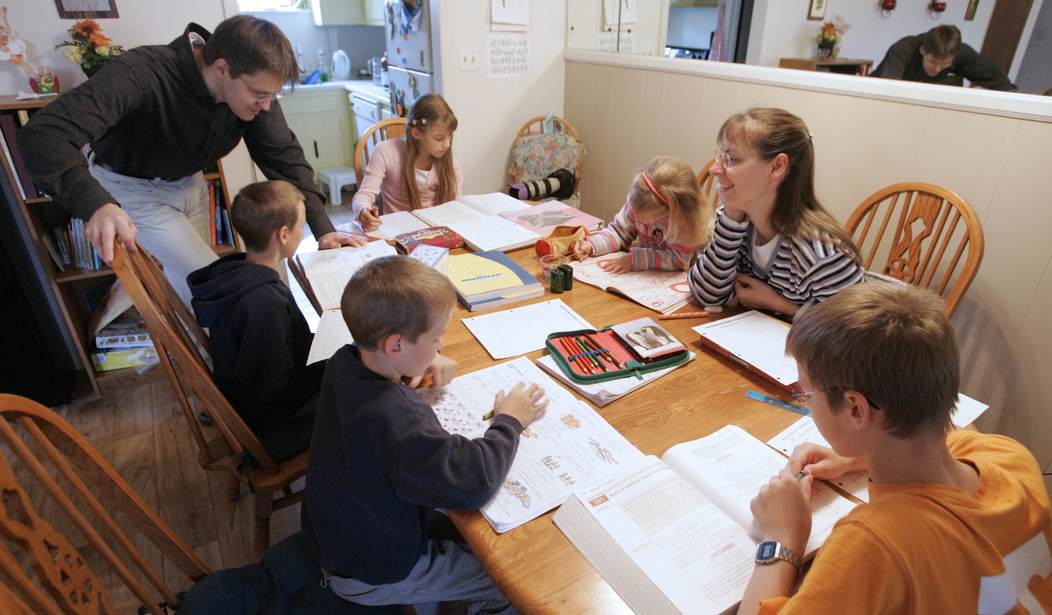Economist and author Melissa Kearney is worried about the American family, specifically, about the "two-parent privilege" that allows some children to succeed in life over their peers.
"This is something as an economic matter, not as a value-laden or moral proposition we should all be really concerned about," Melissa Kearney stressed during her appearance on Fox News Thursday.
The "Two-Parent Privilege," author and economist suggests that the decline of two-parent households is driving "class gaps in kids’ opportunities, experiences and household resources."
"We have mounds of evidence and data and objective studies showing that kids who grow up with the benefit of two parents in their home, their homes are characterized by higher levels of resources," Kearney told "America's Newsroom."
The problem is this: it's entirely possible that, at the root of this concern, the cause and effect are reversed.
The decline of two-parent households, yes, is a matter of grave concern. Most folks would agree, sure, that a stable, two-parent home is the best of all possible environments for a child to grow up in. But one has to wonder about the cause and effect.
Kearney points out that "...kids who grow up with the benefit of two parents in their home" have higher levels of resources, and presumably, do better later in life. And these traditional family structures are not only diminishing; in some cases, people actively seek to have them destroyed. That's too bad because these familial bonds just can't be replaced. Those role models are ideal for setting children up with skills and traits that lead to success later -- the ability to plan, to think ahead, and to delay gratification. In other words, people who can look ahead, plan for the future, set long-term goals, and achieve them, are overwhelmingly likely to do better in life – economically and in other ways – than those who demand immediate gratification.
This flies in the face of most on the political left.
But this also supports something I’ve been noting for some years now. It’s a common shibboleth on the right to note that people who follow traditional structures – education first, then marriage, then family – tend to do better economically. I think the causal relationship here is wrong. I contend that it is not merely following that pattern that produces the good outcome of economic prosperity; it is that people who see the long term, who plan and then act, are also more likely to follow traditional social patterns.
Cause and effect. It's not that people who spring from traditional, two-parent families and follow traditional patterns in life do better because they come from those backgrounds; it's that people who are inclined already to plan, to see the long term, to delay gratification in pursuit of larger goals (Cause), also tend to follow these traditional patterns in their lives (Effect). If you look at people who share your own life, you’ll certainly see plenty of examples. I know I have cousins and other relatives who have “struggled” with poverty, mostly due to bad decision-making and demand for immediate gratification; I bet most of you know of similar examples.
Yes, a stable, two-parent household is ideal for a child to grow up in. I grew up in such a household myself, and count my success in life as in large part to having a strong, competent, capable father and a strong, loving, supportive mother. Those are examples and role models that kids, outside of their homes, have a hard time finding. And those examples and role models are key as well; they pass on those values and personality traits that lead to success.














Join the conversation as a VIP Member